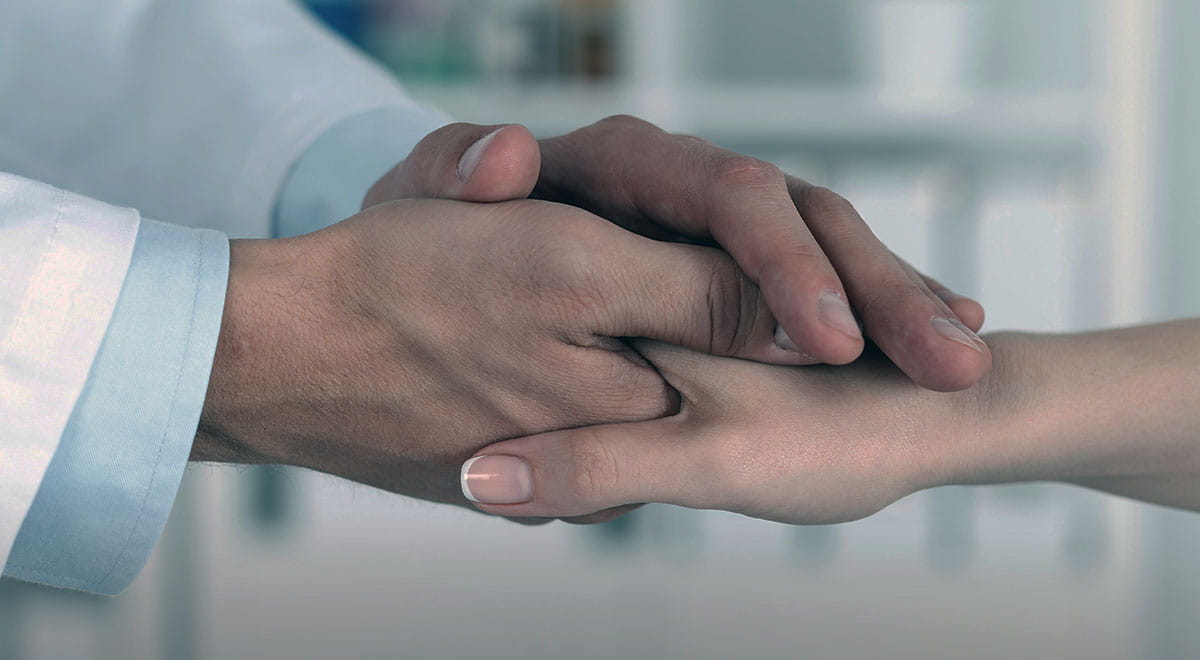Message our experts
Complete the form and one of our friendly advisors will get back to you to talk through your situation and explain how we can help.
You can expect to hear back from us within two working hours and certainly no later than 10am on the next working day.
Alternatively, if you would rather send us an email, you can do so by clicking the button below.
EMAIL US
Call us now
Call us free and speak with a member of our client relationship team who will be happy to help.
0370 086 8687Lines are open from 8:30am to 8pm Monday to Friday, 9am to 5pm Saturday, and 10am to 4pm Sunday.
Message us
If you would prefer to write to us, you can send us a message by clicking below and we will get back to you Send us a message orArrange callback
Leave your name and number below for us to call you back.
Thank You
Thank you for contacting Shoosmiths Serious Injury. Your enquiry is important to us. A dedicated member from our client relationship team will be in touch with you shortly.

Medical Shock & Stress Related Claims
Medical negligence can cause emotional or psychiatric damage to those directly affected or to close relatives who witness the negligent act or its immediate aftermath and have to deal with it. A husband or partner present when poor care by midwives means something goes wrong during the delivery of a baby may be just as psychologically damaged as the woman giving birth.
Severe psychological injuries are common in an accident or personal injury claim either to those directly involved or those immediately witnessing a traumatic event, but psychiatric injury can also result from sub-standard or negligent treatment by medical professionals and persist long after a victim recovers physically.
While it is still feasible for close relations who witness a traumatic event to make a shock-related claim in personal injury cases, a re-interpretation of the law has made it much harder, and in many cases impossible, for relatives to make a claim for psychological injury in a medical negligence case.
You’ll find more information in our guide to who can claim for psychological injury, but generally anyone who directly experiences mental or emotional damage as a consequence of clinical negligence will have a good case for making a claim.
In order to make a successful claim, Shoosmiths would have to establish that those psychiatric injuries were caused by the negligent act and obtain medical evidence to confirm that the illness was a recognisable psychiatric condition rather than just ‘normal’ shock or grief.
Post Traumatic Stress Disorder (PTSD) is probably the best known of the reactive psychiatric illnesses, but several other diagnosed depressive disorders, adjustment disorders or anxiety disorders would also qualify as ‘recognisable illnesses’ for which it would be possible to make a claim.
Tell me more about
Secondary Victim Compensation - William's Story
Man awarded compensation after witnessing the aftermath of his partner setting herself alight while an in-patient at hospital
Man awarded compensation after witnessing the aftermath of his partner setting herself alight while an in-patient at hospital
William’s partner, Jane, who suffered with epilepsy, was admitted to Northampton General Hospital after having a seizure. Despite Jane suffering from irrational and strange behaviour, the hospital did nothing.
Jane was allowed to have her curtains closed and consequently set fire to herself, the impact was devastating.
Read how Shoosmiths ensured Jane and William received substantial compensation for clinical negligence here.
'Shoosmiths got me the rehab I needed and really helped with my family. They were fantastic throughout.'
Stress Shock Related Illness
We choose this work because we care about helping genuine claimants in these cases. You'll find our experienced solicitors to be approachable and supportive as well as professional and effective.
Why Shoosmiths













